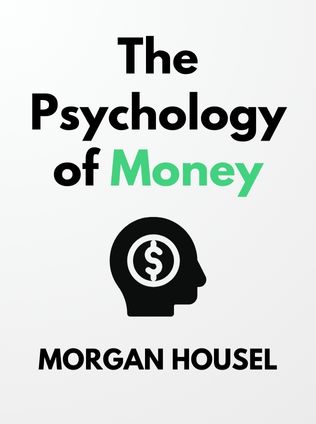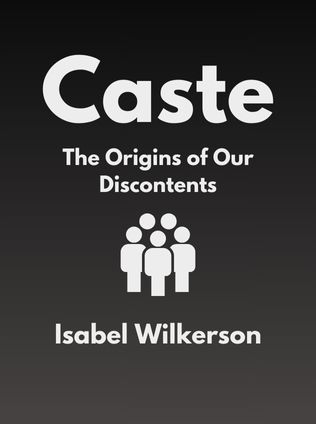
The Big Short
Inside the Doomsday Machine
By Michael Lewis
Published 03/2010
About the Author
Michael Lewis is a highly acclaimed author and financial journalist, whose works delve into the intricacies of the financial world. With a background in economics from Princeton University and the London School of Economics, coupled with experience as a bond salesman on Wall Street, Lewis brings a unique perspective to his writing. His deep understanding of the financial industry, combined with his ability to translate complex concepts into engaging narratives, has made him one of the most respected voices in financial journalism.
Lewis's bibliography includes bestsellers such as "Liar's Poker," a memoir of his time on Wall Street, "Moneyball," which revolutionized the way people think about baseball statistics, and "The Blind Side," a story of economic and social disparity through the lens of sports. With "The Big Short," Lewis takes on the monumental task of explaining the 2007-2008 financial crisis, focusing on the human stories behind the economic meltdown. His ability to weave together personal stories with broader economic themes creates a narrative that is both informative and compelling.
Main Idea
"The Big Short" is a detailed account of the 2007-2008 financial crisis, seen through the eyes of a few eccentric investors who recognized the flaws in the financial system and decided to bet against it. These individuals, who were largely outsiders to the mainstream financial world, saw the housing bubble for what it was: an unsustainable and dangerously inflated market. By betting against the housing market, they not only profited from the collapse but also exposed the systemic issues within the financial industry.
At its core, "The Big Short" is a story about greed, corruption, and the dangers of complexity in financial markets. The book reveals how the pursuit of profit led to the creation of increasingly complex financial instruments that few understood, resulting in a house of cards that eventually came crashing down. Through the experiences of these unconventional investors, Lewis illustrates the importance of critical thinking, skepticism, and the willingness to challenge the status quo.
Table of Contents
- Introduction to the Financial Crisis
- The Rise of Subprime Mortgages
- The Creation of Toxic Financial Products
- The Outsiders Who Saw the Truth
- Profiting from the Crisis
- The Aftermath and Lessons Learned
- The Broader Implications of the Crisis
- The Role of Government and Regulation
- Conclusion: The Future of Finance
Introduction to the Financial Crisis
The financial crisis of 2007-2008 was a watershed moment in modern economic history, exposing the fragility of the global financial system. The crisis was triggered by the collapse of the U.S. housing market, but its roots run much deeper, encompassing a range of factors including lax regulation, unchecked greed, and the proliferation of complex financial products. In "The Big Short," Michael Lewis provides a comprehensive overview of the crisis, focusing on the individuals who recognized the impending disaster and took steps to profit from it.
The crisis had a devastating impact on the global economy, leading to widespread job losses, the collapse of major financial institutions, and a deep recession that took years to recover from. The story of the crisis is one of systemic failure, where the very institutions tasked with ensuring the stability of the financial system were complicit in its downfall. Through the lens of a few unconventional investors, Lewis sheds light on the human and institutional failures that led to the crisis.
The Rise of Subprime Mortgages
The foundation of the financial crisis was built on subprime mortgages—home loans given to borrowers with poor credit histories. These loans were seen as a way to extend homeownership to a broader segment of the population, but they came with significant risks. Subprime mortgages were often issued with "teaser rates," low initial interest rates that would later reset to much higher levels, making it difficult for borrowers to keep up with their payments.
Sign up for FREE and get access to 1,400+ books summaries.
You May Also Like
Rich Dad Poor Dad
What the Rich Teach Their Kids About Money - That the Poor and Middle Class Do Not!
By Robert T. KiyosakiFreakonomics
A Rogue Economist Explores the Hidden Side of Everything
By Steven D. Levitt and Stephen J. DubnerFactfulness
Ten Reasons We're Wrong About the World – and Why Things Are Better Than You Think
By Hans Rosling



















